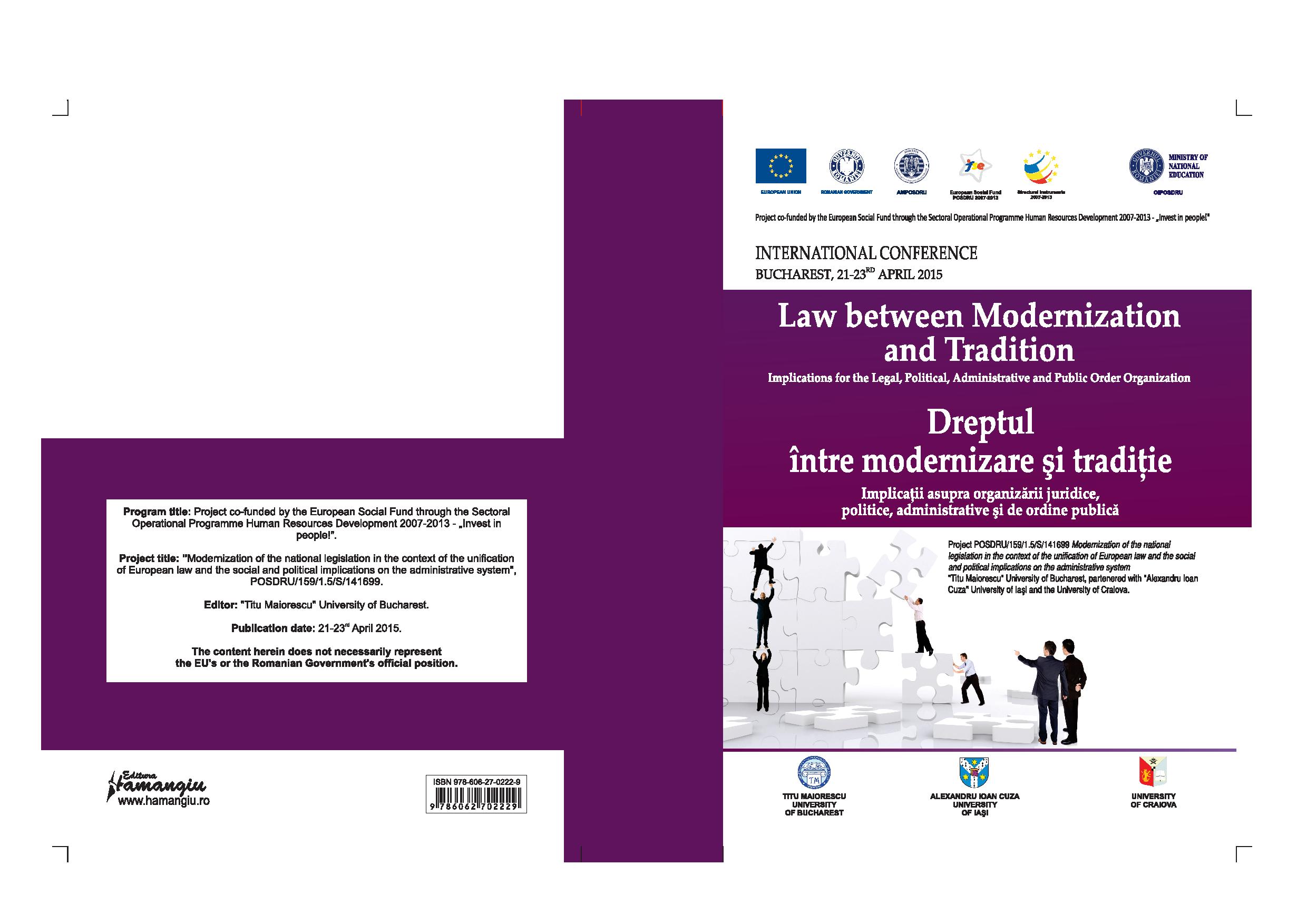THE EXECUTION OF WILL
THE EXECUTION OF WILL
Author(s): Diana-Geanina IonaşSubject(s): Civil Law
Published by: Editura Hamangiu S.R.L.
Keywords: will; execution; mandate; fiduciary; universal legacy;
Summary/Abstract: The execution of will can be defined as the clause contained in the will according to which the testator shall designate one or more people charged with the execution of the testamentary dispositions. The person responsible for the execution of the will is called the executor. The clause regarding the appointment of an executor, being a mortis causa provision does not take effect immediately, but from the opening of the inheritance. The doctrine is not unanimous in admitting that the legislature expressly qualified he execution of will as a contract of mandate. The execution of will has some similar characteristics as the contract of mandate the fiduciary contract and the universal legacy, but can not be mistaken. We consider that the execution of will is, indeed, a mandate, but a special mandate, a particular one, with specific features which are supplemented by those of common law of the ordinary mandate (art. 2009-2071 Civil Code.) and which subordinates to the regime of managing another’s person asset (art. 792 of the Civil Code.). The general mission of the executor is to ensure the execution of a will and to guarantee the fulfillment of testamentary dispositions, to defend the validity of the will and to take all the necessary conservation measures. The execution of will ceases in the cases provided by art. 1085 of the Civil Code.
Journal: Conferința Internațională de Drept, Studii Europene și Relații Internaționale
- Issue Year: III/2015
- Issue No: III
- Page Range: 39-45
- Page Count: 7
- Language: English

